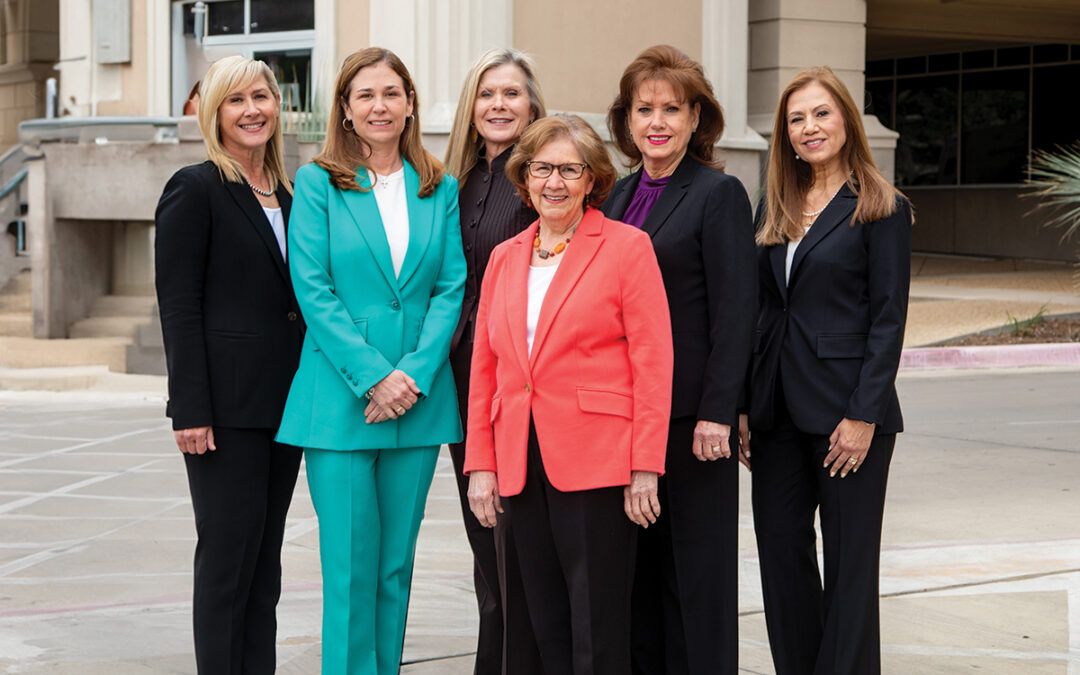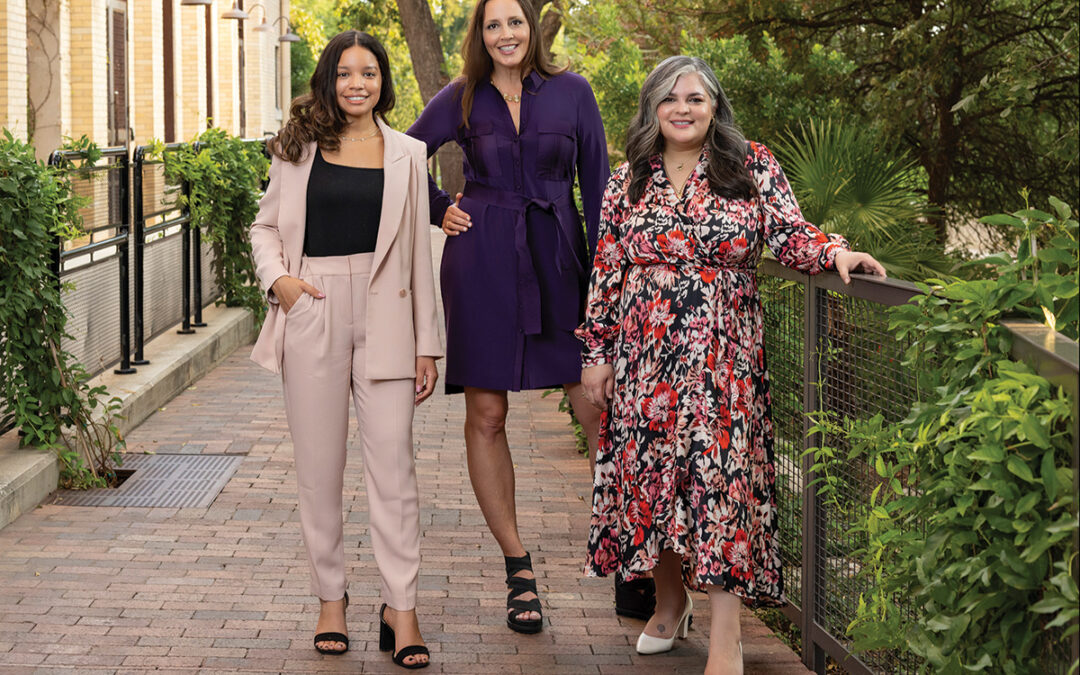Most of us know personally or are familiar with female attorneys, judges, law school professors, law students, clerks and paralegals pursuing successful careers. Women at work in the field of law are certainly not uncommon today — though that’s not always been the case. Just 136 years ago, in 1875, the Wisconsin Supreme Court denied a woman named Lavinia Goodell admission to the state bar, stating that women were no more “tempered” by nature for a career in law than they were for “the physical conflicts of the battlefield,” and that “womanhood is molded for gentler and better things.” Likewise, just a few years earlier, in 1872, the United States Supreme Court upheld an Illinois Supreme Court decision that a woman named Myrna Bradwell would not be admitted to the state bar, stating in Bradwell v. Illinois, “The paramount destiny and mission of woman are to fulfill the noble and benign offices of wife and mother. This is the law of the Creator…” In fact, it wasn’t until 1878 that Clara Shortridge Foltz became the first woman to be admitted to practice law in the State of California.
We’ve come a long way, baby.
While 136 years sounds like a long time, it’s actually a relatively short time when one considers how slowly attitudes, gender roles and social norms change and evolve. While most people today think of women as being equal to men — equally capable of logic and hard work — and believe women should be able to try to “have it all” — careers, social lives, family lives, fit bodies, nice homes and time for professional, charitable, religious and civic associations — there are still some who think a woman’s place is in the home and that females are prone to being emotional and hormonal and thus highly unsuited to careers in jurisprudence or even the military. As archaic as those attitudes may seem, such prejudices still may be found among people raised to embrace traditional gender roles. Sadly, revolutions in such thinking come slowly. Still, the times they are a-changing, and nearly 50 percent of those entering law schools today are women. However, that percentage seems to be in decline from recent years, according to some studies.
Why? Consider this: A career in law has never been an easy choice for women — for even though the playing field has been leveled in some areas, many still feel an “old boys club” mentality prevails in legal firms and boardrooms across the nation. Add to that the cost of a legal career — it requires a minimum of three years of difficult diligent study after college, as well as long hours of reading and lectures, mock trials, preparation for the bar exam, time spent clerking for other attorneys and great financial expense. After that, expect more hard work, long hours and time away from family and friends. Such a career can take a toll on one’s sleep schedule and one’s social and family life. Still, law can be an enormously satisfying and highly rewarding career, both professionally and financially, and it is a field to which many women feel strongly and quite naturally drawn.
Law is a field to which women seem to be well suited by nature. A good attorney or judge must be a sharp, capable multi-tasker. She must possess good written and oral communication skills, an ability to listen, to read carefully, to assess situations logically and swiftly and yet to retain a sense of empathy that encourages trust in her clients and peers — strengths many women today exhibit in any number of careers. And though the history books are full of stories of women who were not allowed to work outside the home, practice law, own property or even vote, today there are also many encouraging precedents being set by successful women in law. Consider Supreme Court Justices Ruth Bader Ginsburg, Elena Kagan and Sonia Sotomayor, who reached the very top of their profession through brains, unparalleled determination and years of hard work. Surely when they were in law school, it was an even harder time to step into a man’s world — there was more opposition to it than there is today, when women’s rights to work and practice law are no longer in question. Careers such as theirs required a great deal of time, work, diligence and dedication.
The picture isn’t all rosy, however: A 2008 study of graduates of the University of Michigan found that attorneys who were mothers earned 10- to 15-percent less than women attorneys who were not mothers. Overall, women who were parents earned 35 percent less than men who were parents, that same study revealed. As in many careers, it is hard for female attorneys to balance the weight of work and family life and juggle it all with finesse. But none of that should dissuade women interested in law. More firms are allowing for flexible scheduling and time spent working from home. Women are finding ways to make their careers work for them in law and other demanding fields. One of the most exciting aspects of careers in law for women today is the broad array of specializations from which to choose — many of which are as new and exciting as the new world of changing technology and information sharing we enjoy today. So many of these areas can have a forceful impact on society and even on our planet.
For example, intellectual property law is a fast-emerging specialization that has taken on super-importance in the world of computer websites, technology, software and hardware development, social media network sites and more. It’s a field which specializes in ownership of ideas and concepts — the new world currency in the Facebook era we’re living in now, and it’s an area of law that deals with patent, copyright and trademark rights. Another exciting and important specialization is environmental law, which has been defined as “…a complex and interlocking body of treaties, conventions, statutes, regulations and common law that operates to regulate the interaction of humanity and the natural environment, toward the purpose of reducing the impacts of human activity,” by a popular web encyclopedia. Other specializations female attorneys are engaging in include, but are not limited to, criminal law, patent law, constitutional law, business law, personal injury law, probate law, real estate law, insurance law, construction law and contract law. The possibilities to pique a woman’s interest are endless, and female attorneys and judges today are finding that they are able not only to do good work in a career they enjoy, but they can also make tremendously positive changes in the world — and even help ensure the safety and sustainability of our planet — through their work.
When we look back at all the women in history who paved the way for women in law today, we see how these women’s struggles caused society to evolve and improve. And we’re still moving forward, even now. No one said it would be easy, but women today are living proof that a career in law is worth all the hard work and sacrifices they’ve had to make. With almost half of all law school students today being female, the future seems bright for women who have chosen to work in a field that protects personal freedoms, upholds justice and makes the world a more just place. All this in just over a century? Then imagine what lies ahead for tomorrow’s lady legal eagles — the strong, hardworking women of the new millennium.









0 Comments